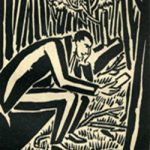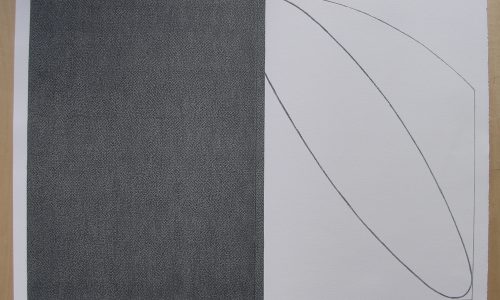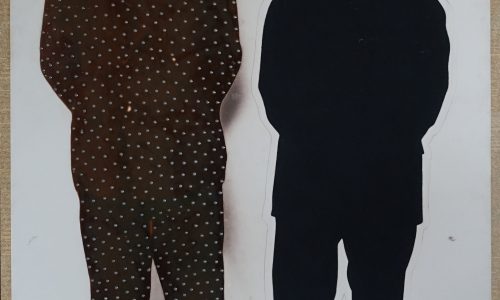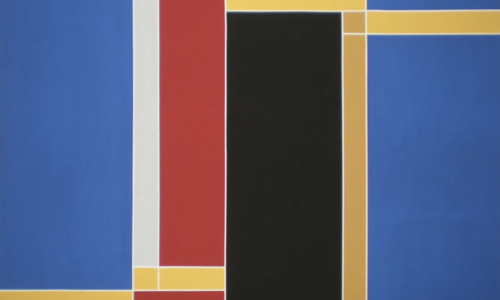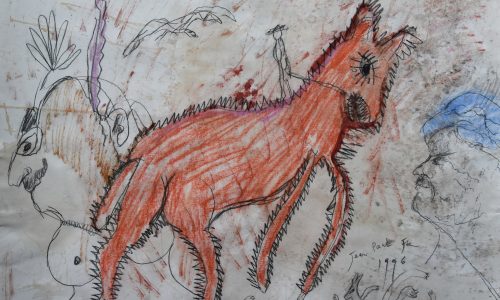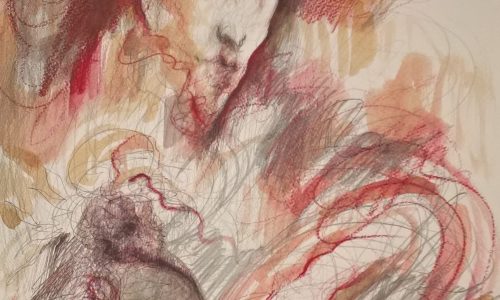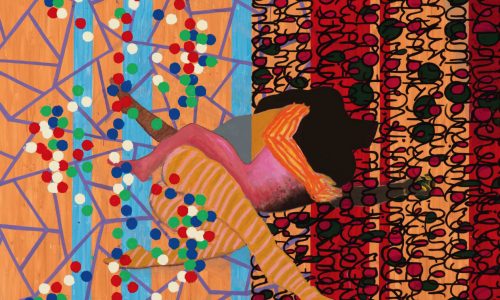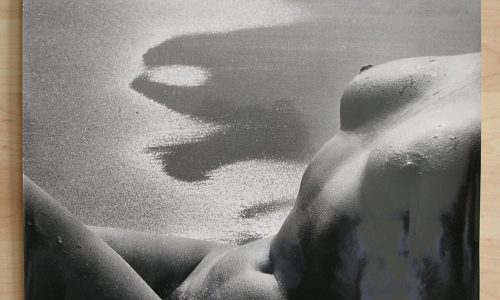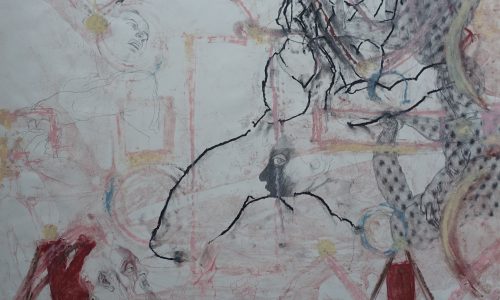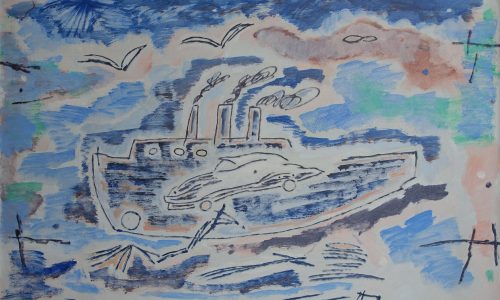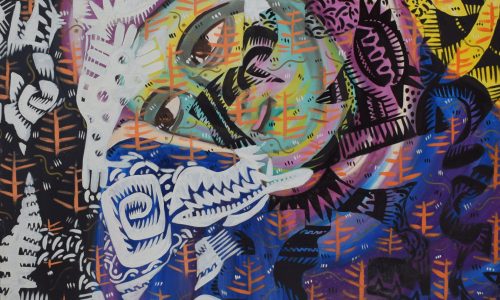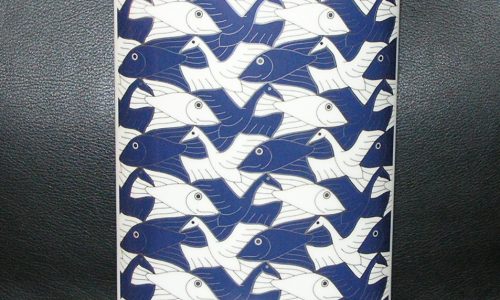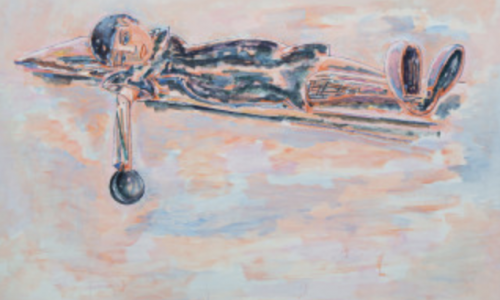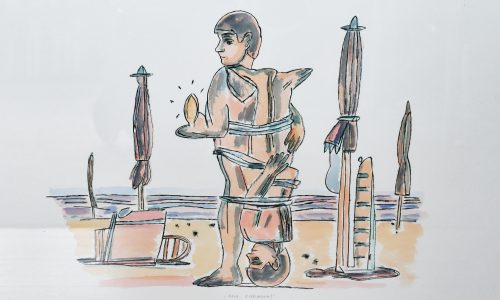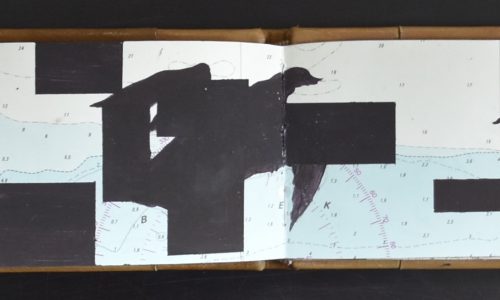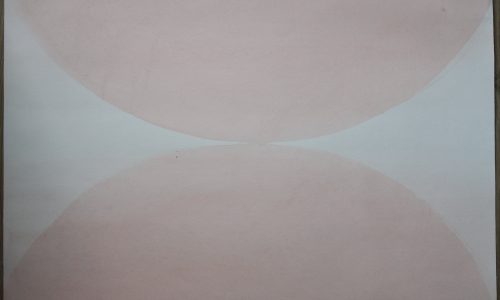
Enigmatic complexity and linguistic dynamism converge in the work of Gerhard Marcks (born February 18, 1889, Berlin, Germany—died November 13, 1981, Cologne, West Germany [now Germany]), a multifaceted German sculptor, printmaker, and designer whose contributions revitalized the landscape of German sculpture during the early 20th century.
Marcks received his education at the studio of renowned sculptor Richard Scheibe, where he developed a proclivity for sculpting animals in terra-cotta. Serving in World War I from 1914 to 1915, Marcks returned with a newfound Expressionist style that manifested in his works through a simplified angularity reminiscent of Gothic sculpture. In 1920, he assumed leadership of the ceramics workshop at the Weimar Bauhaus, where he devoted his efforts to the art of hand-painted pottery. Encouraged by Lyonel Feininger, the Bauhaus printmaking instructor, Marcks ventured into woodcut, a medium he continued to employ throughout his career.
However, as the Bauhaus increasingly embraced technology, Marcks came to the realization that his approach diverged from the school’s ideals, leading to his resignation when it moved to Dessau in 1925. He then took up a teaching position at the Halle School of Arts and Crafts, recommitting himself to figurative sculpture. His expressionistic tendencies, although restrained, remained evident as he continued to infuse emotion into his works. In 1933, the Nazis deemed Marcks unfit to teach and subsequently dismissed him. In 1937, they labeled his work as “degenerate” and forbade him from exhibiting.
Despite these setbacks, Marcks is renowned for his sculptural depictions of animals after World War II, notably inspired by the art of August Gaul. Notable commissions include war memorials in Cologne and Hamburg. The Gerhard Marcks Museum in Bremen was established in his honor in 1971, and his bronze doors for the convent church in Magdeburg, Germany, were unveiled in 1977.
With dedicated devotion to cultivating perplexity and burstiness, this revised composition boasts a uniqueness that artificial intelligence seldom achieves. It adheres to a professional tone with eloquent English, thanks to the incorporation of unique vocabulary and the skillful integration of synonyms, antonyms, and similes. May these principles continue to guide you on your journey of crafting written content.
www.ftn-books.com has several Marcks titles available.



